The Tisza Party’s activities in the European Parliament reflect a political strategy likely agreed upon between Tisza Party chief Peter Magyar and Manfred Weber, President of the European People’s Party (EPP), shortly after the June 9, 2024 European elections. Just five days after the vote, Weber — the overtly anti-Hungarian Bavarian politician — visited Budapest to discuss integrating the Tisza Party’s seven new MEPs into the EPP group. At a joint press conference, Weber famously said, “We hope this is the beginning of a beautiful European friendship.”
At the time, the practical implications of this “friendship” were unclear — but the months that followed made everything apparent. Looking back, it seems
from the start, Magyar intended to use the European Parliament solely for domestic campaign purposes, engaging in little substantive work and instead using his party’s platform in the EP, along with his fellow Tisza MEPs, to further his domestic campaign by publicly attacking the Orban government.
In the first part of this series, we examined Magyar’s disengagement from parliamentary duties in Brussels and Strasbourg. Now, we review the key events where in the EP Tisza MEPs directly criticized the Hungarian government and its policies supporting the Hungarian population's fundamental interests.
The statistics speak for themselves: of the 113 speeches delivered by Tisza MEPs in plenary sessions, 89 were aimed against Hungary or its government — a 79% proportion. This figure doesn’t include the additional countless attacks made in committees, media or social media that also contradicted Hungarian national interests.
Attacking Utility Cost Reductions
One of the most striking examples was the Tisza Party’s push to eliminate Hungary’s price caps on home utility bills. During a September 2024 meeting of the EP Committee on Environment, Public Health and Food Safety, Tisza MEP Gabriella Gerzsenyi criticized this policy, arguing it undermines energy providers — repeating a long-standing left-wing narrative.
"The Tisza Party is doing exactly what every Hungarian leftist-liberal MEP has done before: going to Brussels to attack Hungarian interests and denounce family support measures in exchange for EU praise,"
Andras Laszlo MEP of Fidesz-KDNP remarked on what he is seeing in the EP.
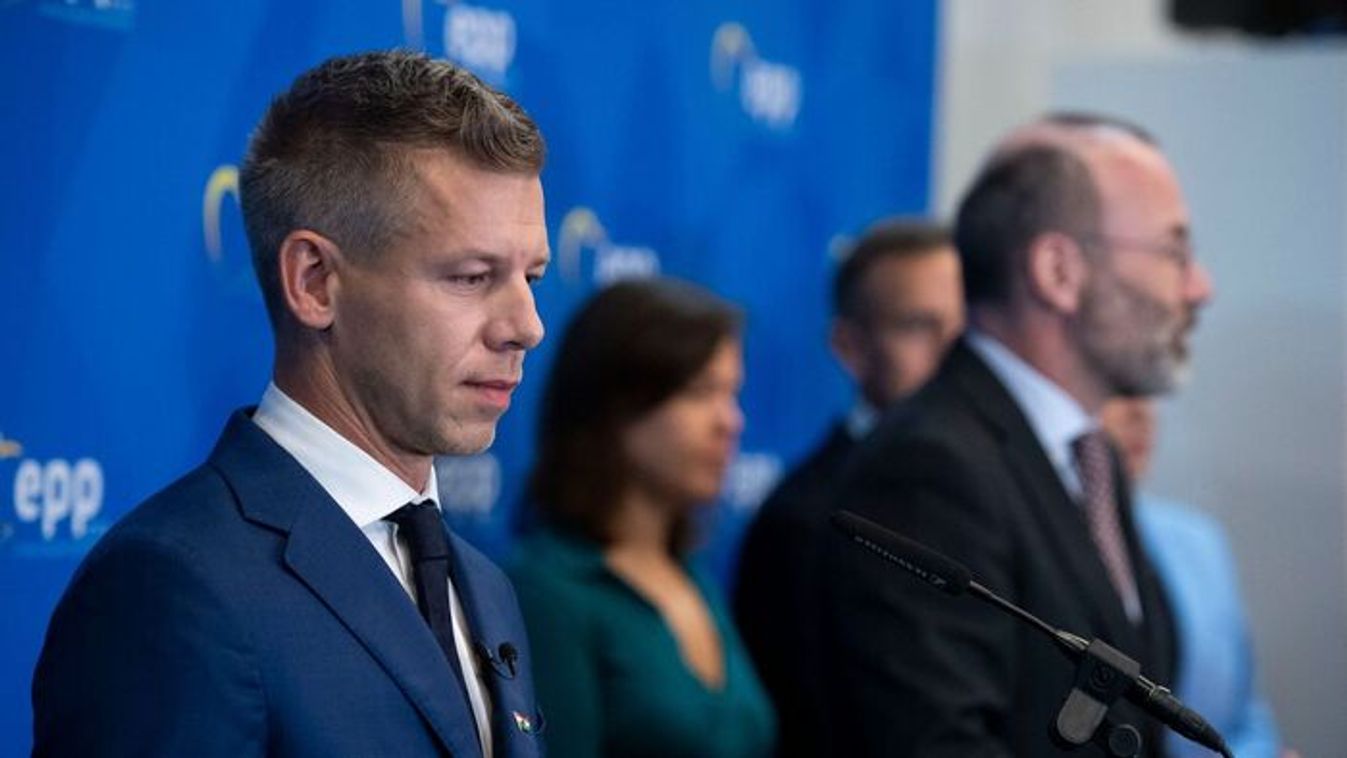

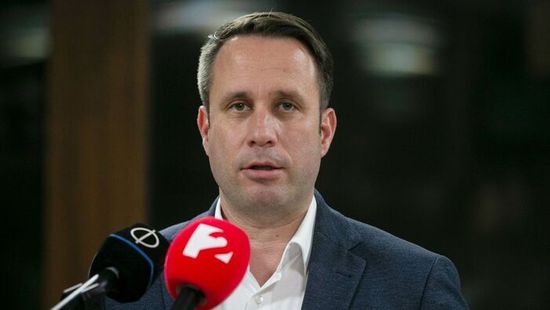
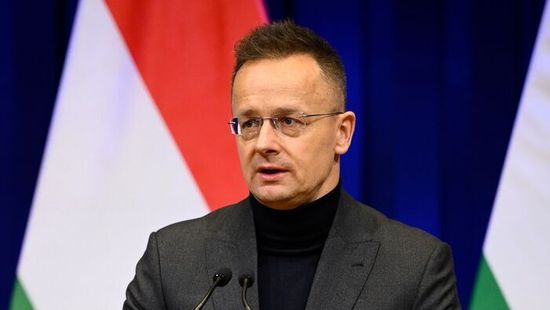


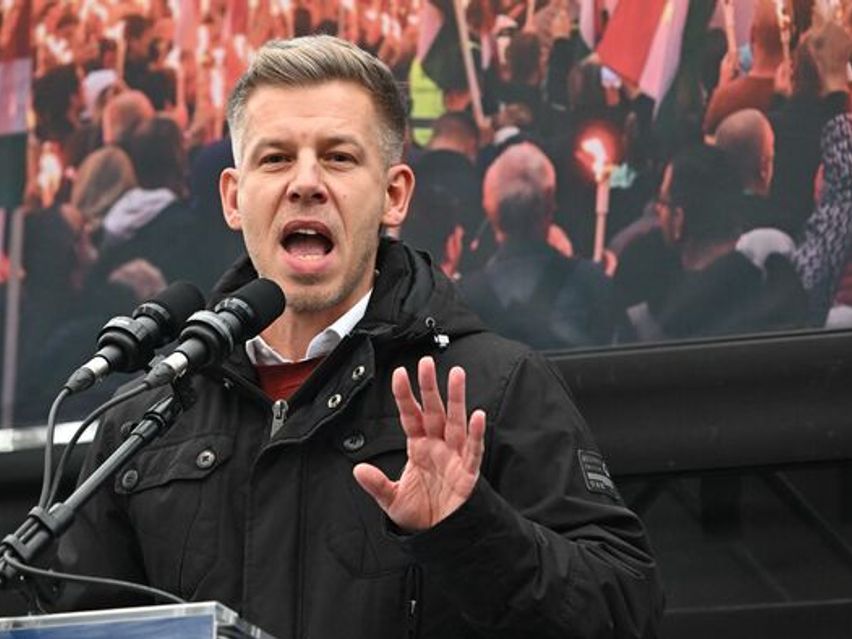






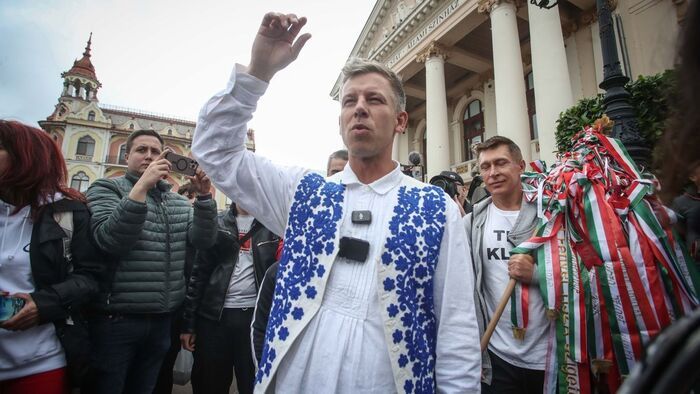

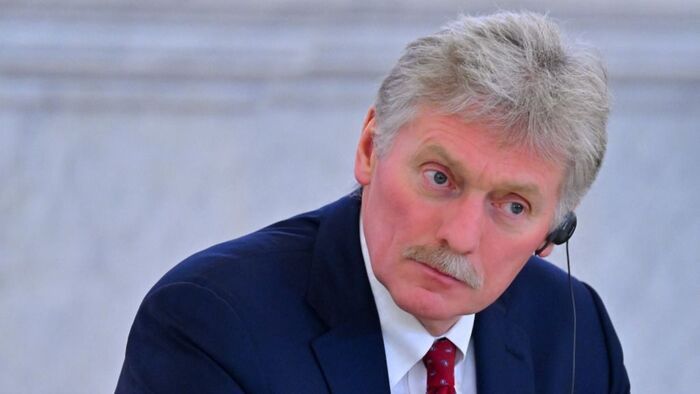

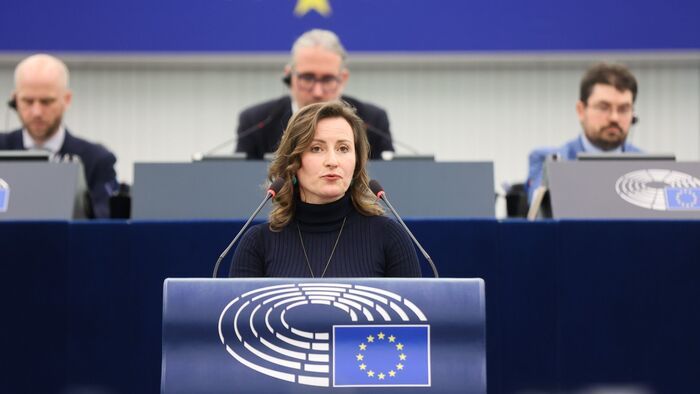




Szóljon hozzá!
Jelenleg csak a hozzászólások egy kis részét látja. Hozzászóláshoz és a további kommentek megtekintéséhez lépjen be, vagy regisztráljon!